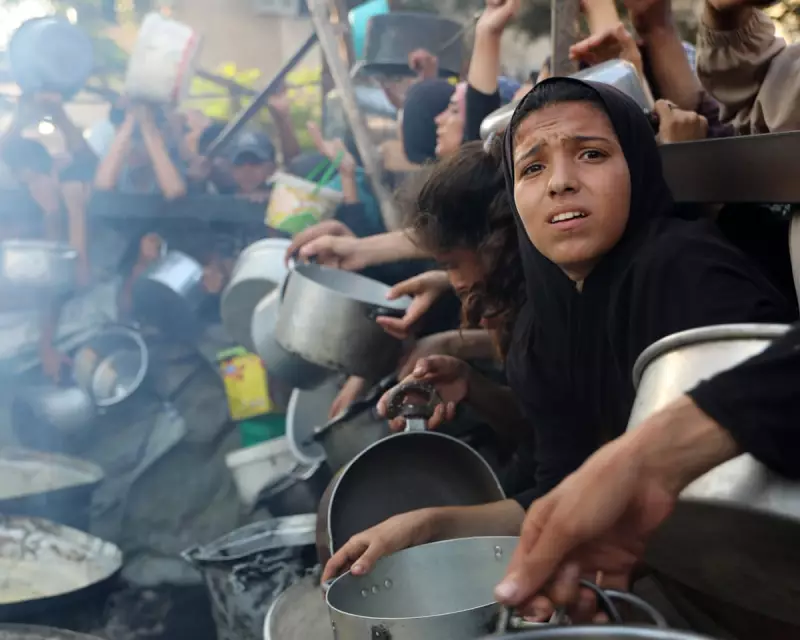
The dire humanitarian situation in Gaza has escalated to unprecedented levels, with reports of widespread starvation sparking global outrage. The international community faces mounting pressure to take decisive action against Israel, whose policies are seen as the primary cause of this man-made catastrophe.
A Crisis of Conscience
Recent assessments from aid organisations paint a harrowing picture of life in Gaza. Malnutrition rates among children have soared, while basic medical supplies remain critically low. Hospitals report increasing cases of starvation-related illnesses, with many patients arriving too weak to respond to treatment.
The Sanctions Debate
Diplomatic efforts have failed to alleviate the suffering, leading growing numbers of policymakers to advocate for economic sanctions against Israel. Proponents argue that:
- Current diplomatic channels have proven ineffective
- Israel continues to violate international humanitarian law
- Only substantial economic pressure can force policy changes
International Response
The United Nations has described the situation as "a stain on the conscience of humanity," while human rights groups accuse Israel of using food as a weapon of war. Several European nations are reportedly considering unilateral sanctions if consensus cannot be reached through the UN Security Council.
Humanitarian Imperative
Medical professionals working in Gaza report that children are bearing the brunt of the crisis. "We're seeing cases of severe malnutrition that disappeared from medical textbooks decades ago," said one doctor working with Médecins Sans Frontières. "This isn't a natural disaster - it's entirely preventable."
The Path Forward
As the death toll from starvation continues to rise, calls for immediate action grow louder. Many now believe that targeted sanctions against Israeli officials and key economic sectors may be the only remaining option to prevent further loss of life in what has become one of the 21st century's most shameful humanitarian crises.






